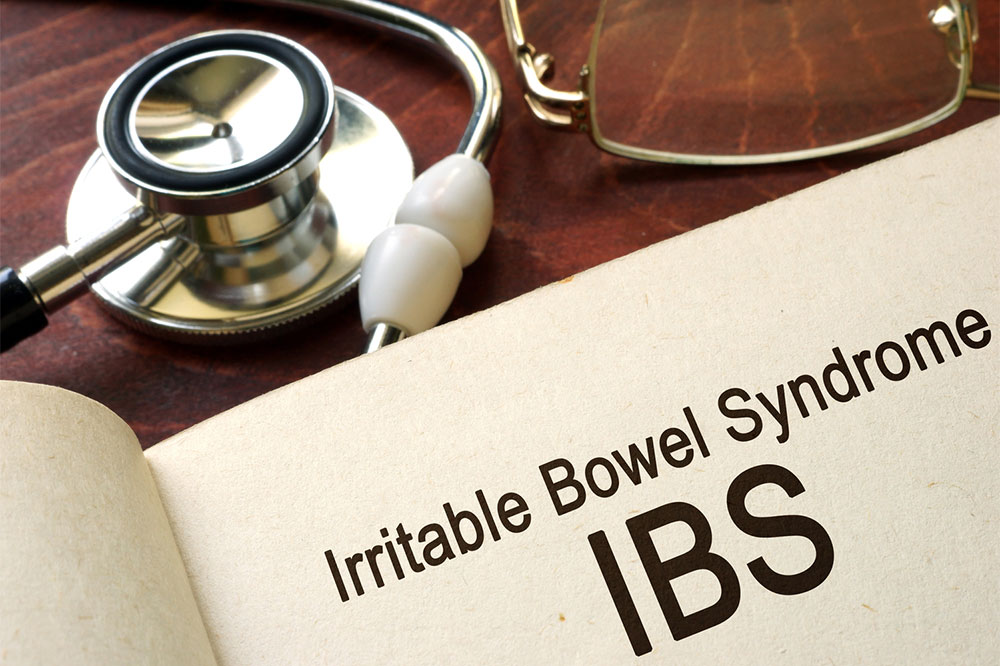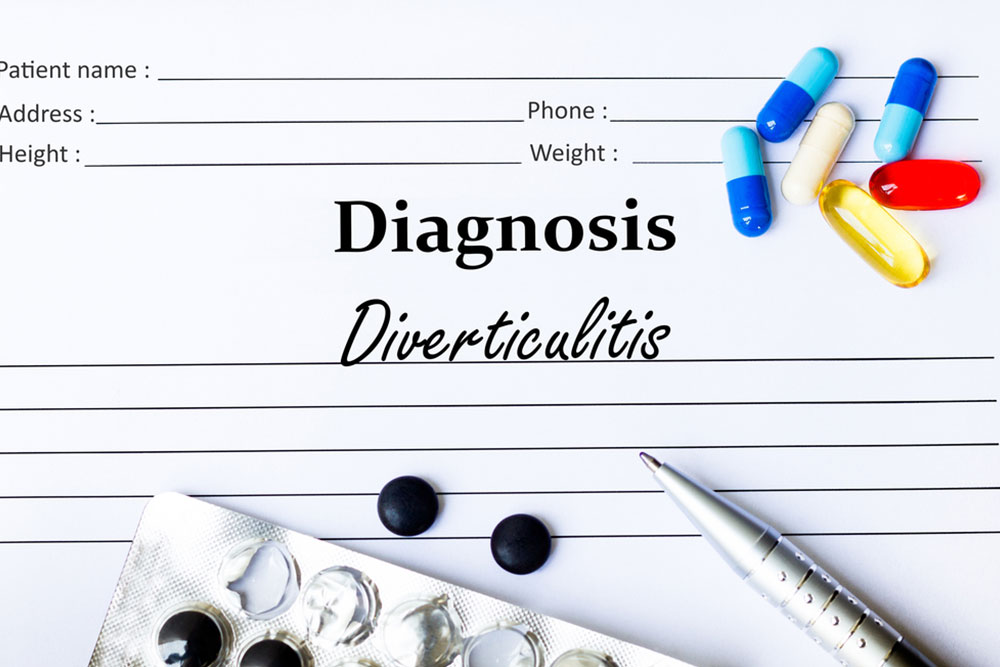Comprehensive Guide to Recognizing and Managing Irritable Bowel Syndrome (IBS)
Explore comprehensive insights into irritable bowel syndrome (IBS), including symptoms, causes, and effective management strategies. Learn how early detection and tailored treatments can significantly improve quality of life and prevent complications. This detailed guide emphasizes the importance of professional medical evaluation, dietary adjustments, and stress management for long-term digestive health.

Comprehensive Guide to Recognizing and Managing Irritable Bowel Syndrome (IBS)
Irritable Bowel Syndrome (IBS) represents a common yet often misunderstood disorder affecting millions worldwide. Characterized primarily by chronic abdominal discomfort, irregular bowel movements such as constipation and diarrhea, and symptoms like excessive gas and bloating, IBS can significantly impact an individual's quality of life. Understanding the fundamentals of this condition, recognizing early warning signs, and adopting effective management strategies are critical steps toward alleviating symptoms and preventing long-term health issues.
Many individuals overlook initial symptoms, mistaking them for minor issues or temporary discomforts. However, ignoring these signs can lead to more severe complications down the line. The key lies in early detection and timely consultation with healthcare professionals, which can facilitate accurate diagnosis and personalized treatment plans.
Unfortunately, many consumers dismiss the initial signs of IBS as trivial issues, inadvertently risking the progression to more serious gastrointestinal problems. A thorough medical evaluation is essential not just to relieve symptoms but to uncover underlying causes such as inflammatory responses, food sensitivities, or other digestive disorders. Proper diagnosis allows healthcare providers to develop targeted treatment strategies rather than relying solely on symptomatic relief through medications, which may only mask the problems temporarily.
Stress plays a surprisingly significant role in the development and exacerbation of IBS symptoms. Recent research has shown that elevated stress levels can influence the digestive system by reducing stomach acid secretion, impairing the digestion process. This stress-induced alteration can lead to food particles remaining undigested in the gut, which in turn fosters bacterial overgrowth and increased gas production. Symptoms such as bloating, flatulence, and nausea are common early indicators of IBS and related issues.
In some cases, symptoms similar to IBS are caused by Small Intestinal Bacterial Overgrowth (SIBO), a condition where excessive bacteria colonize the small intestine. SIBO tends to produce more severe symptoms and requires specific diagnostic procedures like breath tests to confirm diagnosis. Differentiating IBS from SIBO is crucial because treatment approaches vary significantly, and targeted therapies can provide more effective relief.
Dietary choices are another critical aspect of managing IBS. Maintaining a balanced, nutrient-rich diet helps support the digestive system and can alleviate symptoms. While some individuals attempt to minimize gas and bloating by avoiding certain carbohydrates, overly restrictive diets can hinder the healing process and deprive the body of essential nutrients. Incorporating a variety of complex carbohydrates, fiber, and nutrient-dense foods fosters gut health and promotes recovery. It is essential to consult with healthcare providers or registered dietitians to develop personalized nutrition plans tailored to individual needs.
Whether the focus is on managing IBS or SIBO, seeking professional medical advice promptly is imperative. Early intervention can help prevent potential complications such as chronic inflammation, nutrient deficiencies, or the development of more complex digestive disorders. Comprehensive assessment, proper diagnosis, and a multi-faceted treatment approach—including medication, dietary modifications, stress reduction techniques, and possibly probiotics—are instrumental in achieving optimal gut health. Remember, a holistic approach that considers lifestyle, diet, and mental well-being offers the best chance for effective management of these common but complex conditions.





